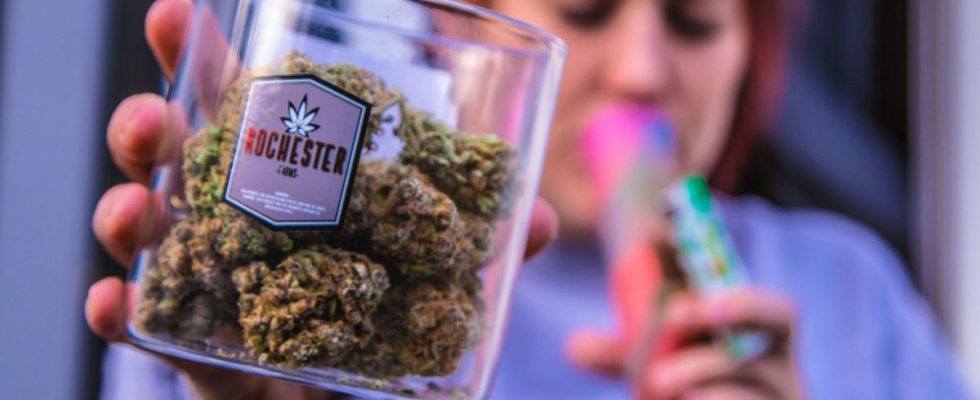Published on
Updated
Reading 2 mins.
The use of drugs, cannabis or other illicit products, as well as the consumption of alcohol and tobacco is on the decline among 17-year-olds, says the French Observatory for Drugs and Addictive Tendencies (OFDT) in a new study released Thursday.
23,000 17-year-olds were interviewed in March 2022 as part of the 9th Escapad study conducted during defense preparation call days and the finding is optimistic: “All levels of drug use decreased“, welcomes the OFDT, which highlights in particular a sharp decline in smoking.
“In 2022, less than one in two 17-year-olds said they had ever smoked at least one cigarette“, 13% less than in 2017, the date of the previous study, and 15.6% said they smoked daily, a drop of 10 points in five years.
With nearly one in five teenagers declaring that they have never drunk alcohol and less than one in two declaring that they have never been drunk, the OFDT notes a “general decline” in alcohol consumption, even if “the practice of heavy binge drinking (API) persists and becomes widespread“.
The same downward trend is observed for cannabis, which is twice as less consumed on a regular or daily basis, as well as for illicit drugs, which recorded a notable drop compared to 2017.
On the other hand, two new practices have gained popularity among young people: the electronic cigarette, the use of which has tripled in five years and has even been multiplied by six for girls alone, and cannabidiol (CBD), which was part of the questionnaire for the first time, experienced by more than 17% of the young people questioned.
The OFDT study points to a disparity in consumption practices according to the educational situation of young people, with “higher levels of frequent use among teens in learning and school leavers compared to secondary school students“.
Despite the health crisis linked to Covid-19, which limited the moments of sociability favorable to drug experimentation, there would have been no “catch-up effect”: “these lesser uses seem to be permanently inscribed in the behavior of the adolescent population“, advances the OFDT.
He notes, however, that the state of health of adolescents has deteriorated, particularly in the field of mental health. Disorders related to anorexia, obesity and anxiety-depressive syndromes have increased sharply.
